Learning how to recognize when denial is doing more harm than good can be challenging. Dale Decker shows you the difference.
“Denial ain’t just a river in Egypt!” We’ve all exclaimed that at one point or another, haven’t we? I can’t help but call up images of Kathryn Hepburn in African Queen as she’s reading her book and sporting that stylish headscarf while swatting at mosquitoes. But I digress. Really though, why would any sane person do such a thing? Well, Freud made a career of it in his day and it turns out he was largely correct. We tend to see denial as something negative, but really we couldn’t survive without it.
For one thing, our perceptual system is based on a sort of sense denial. Our senses constantly screen out noise. If we truly heard every voice in a crowded room, our minds would never understand a word. If we paid attention to every detail while driving, the road would look like bumper cars at an amusement park. So even at the very basic level, our minds are ignoring the noise and allowing us to focus on what’s important.
Of course, denial also works in complex social and emotional spheres. The classic example of healthy denial is grieving. If the loss of a loved one crashed down all at once, we wouldn’t be able to handle the strain. Our minds temporarily send us into denial to protect us. We’ve all attended a visitation with a smiling widow comforting other mourners–the picture of steely fortitude. For a while, we can function normally and then something reminds us and we fall in a puddle on the floor again. These trips into denial keep us going until we can emotionally process the loss.
Denial also plays a part in queer people’s lives by submerging the discomfort we feel. Therefore, it’s a good thing that our minds give us some breathing space. During the election last year when the marriage amendment was being debated, my mind would not allow me to slip into oblivion and the results were not pretty. I have since seen several people in my practice who became depressed because they couldn’t find respite from the constant worry and perception of bigotry.
Denial isn’t always adaptive and these circumstances are very familiar to us. I’m sure you’ve had a friend who just can’t see the way they are sabotaging the love they so desperately search for. It’s practically a household word in the world of substance abuse. Without denial who would willingly go through the pain and destruction that nurturing an addiction requires?
A potentially subtle and more dangerous side effect of too much denial is that we turn apathetic. We deny our ability to make change. We deny that fact that a problem even exists. Pushing away that deep inner voice that speaks the truth leads to many obstacles. This is the flip side of submerging our discomfort about societal attitudes regarding us. If we live in a happy world where everyone loves us, we can be broadsided by prejudice and never notice until it’s too late.
Since denial can be healthy or destructive, how can you tell the difference? Well, a clear sign would be if the people around you are angry or concerned about you. If this is the case, consider taking a hard look at your behavior. One example: if you make repeated promises to yourself and then are unable to keep them, be very suspicious that denial is possibly blinding you to something.
How We Can Help Ourselves
Given the chance that you discover a problem, what can you do about it? The best advice would be seeing a counselor or psychotherapist. They are trained to spot repetitive patterns and help you recognize and change them.
If a therapist isn’t a reasonable option though, there are a few ways you can ferret out denial without professional help. Self help organizations such as twelve step programs are free. There are special meetings that are GLBTQA friendly and the options you have might surprise you. You can start by visiting www.alcoholics-anonymous.org or in many communities you can dial 211 for help finding a meeting and other resources. If your problem is less serious, talk to a trusted friend who you know has the guts to tell you the truth. Keeping a journal can also be helpful. Read back a month or two and search for patterns you didn’t notice before.
Denial is a powerful force in everyone’s life. Used correctly, it makes us better people and helps us through the difficult moments in life. Abusing it comes with a heavy price. Sometimes it’s OK to take a trip down ‘de Nile. However, keep your eyes open for waterfalls! Oh, and don’t forget the book and the headscarf. Just because you don’t know where you’re going doesn’t mean you shouldn’t look your best.

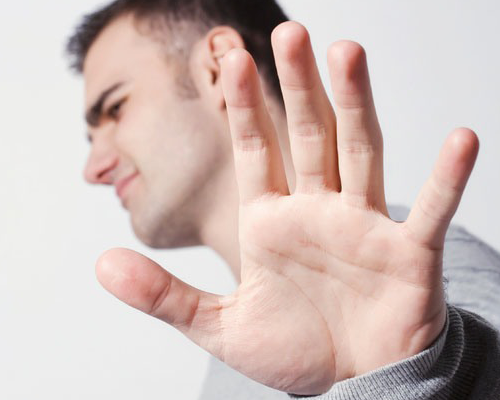


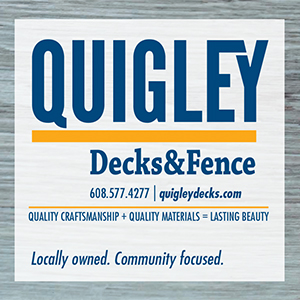


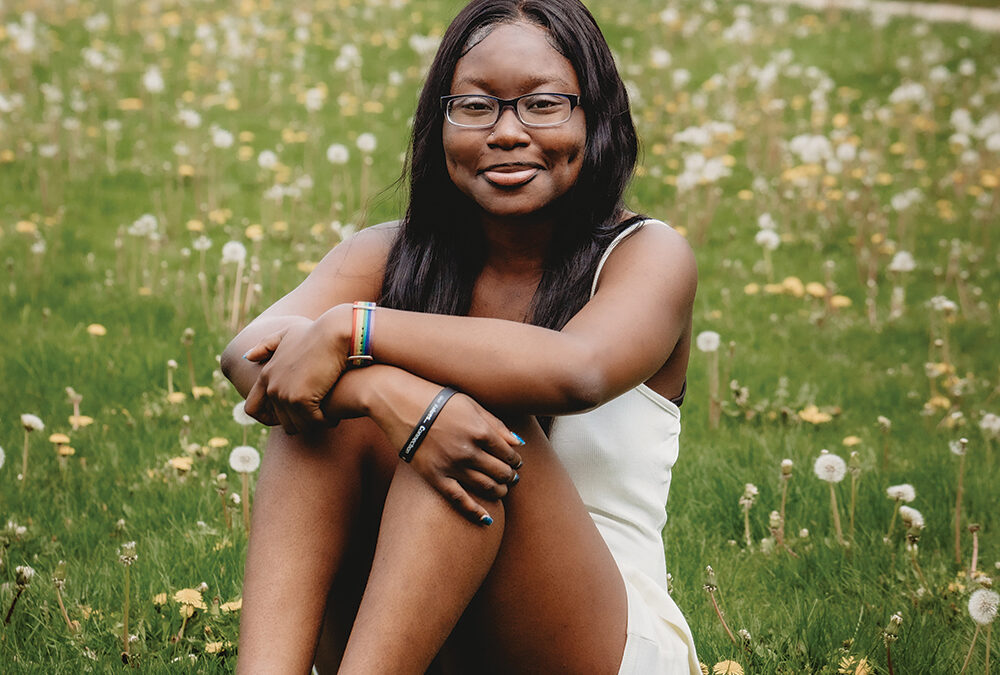
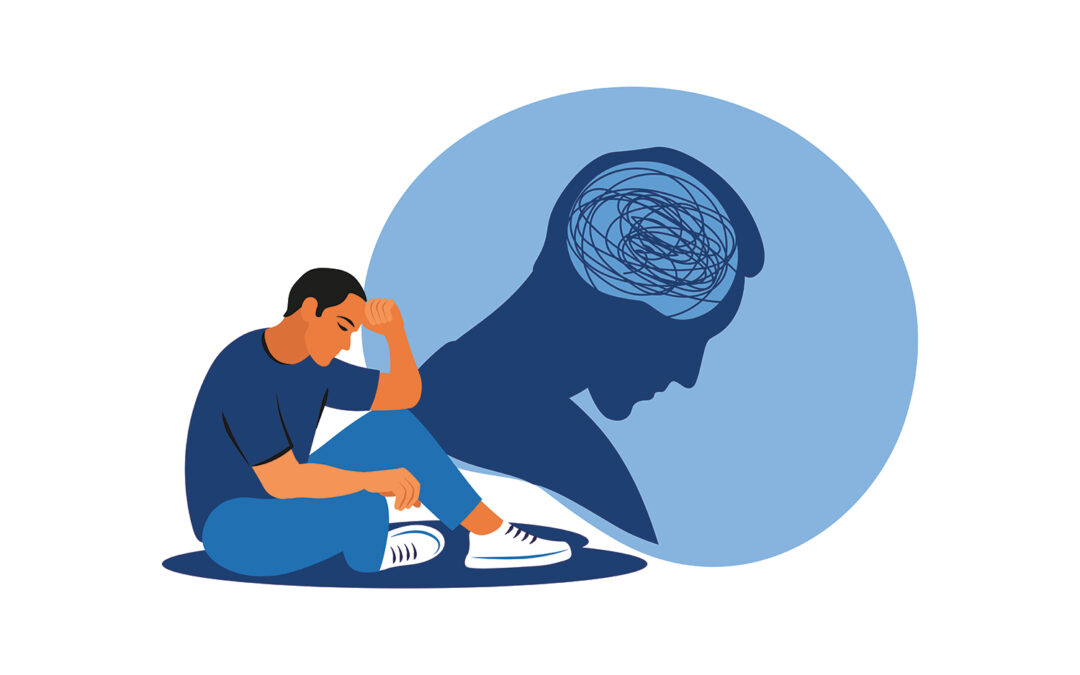
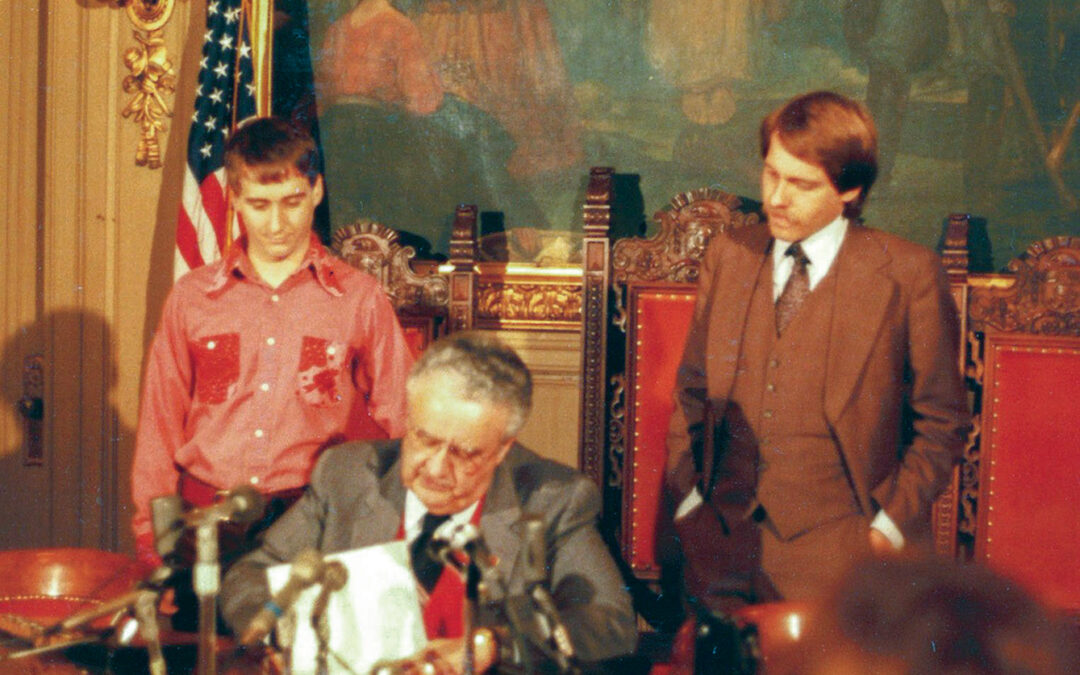
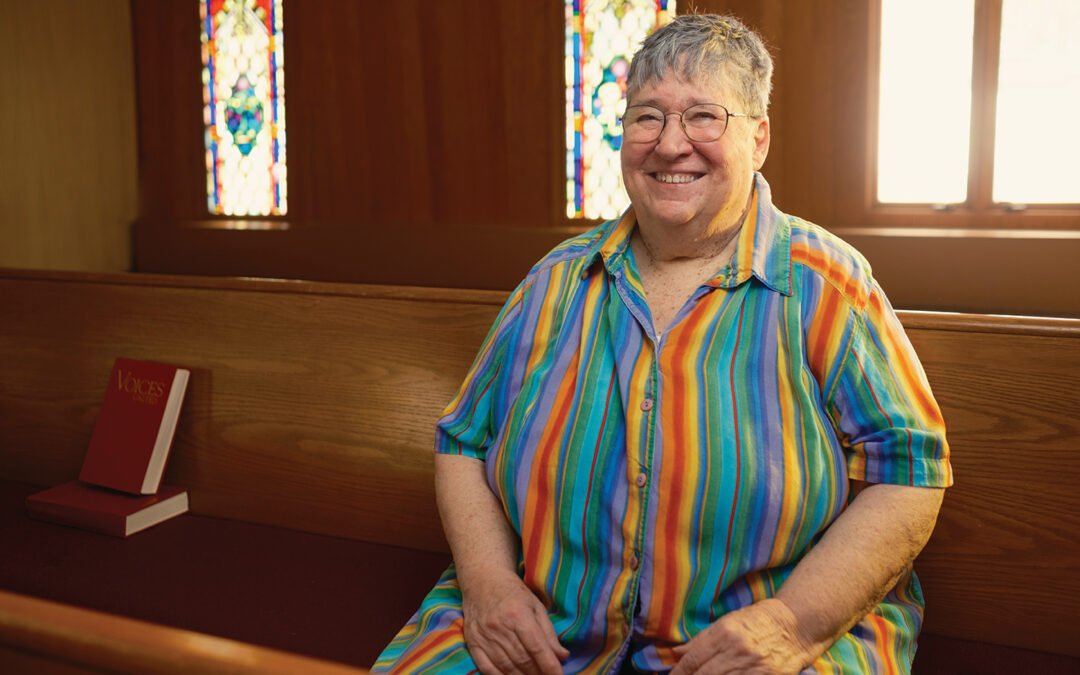
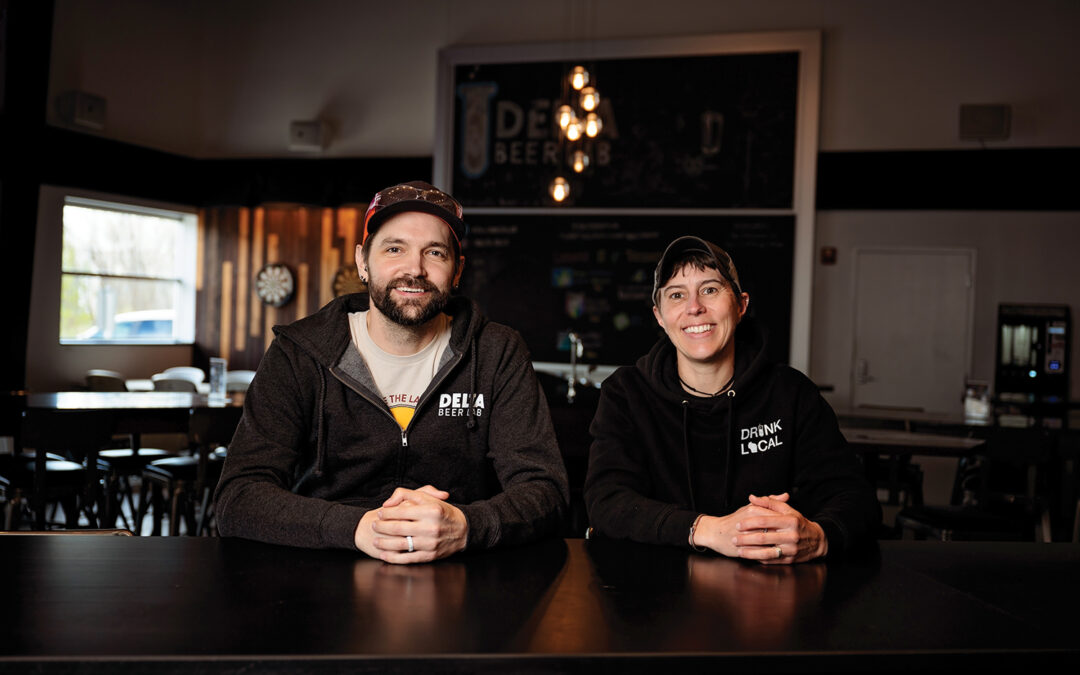
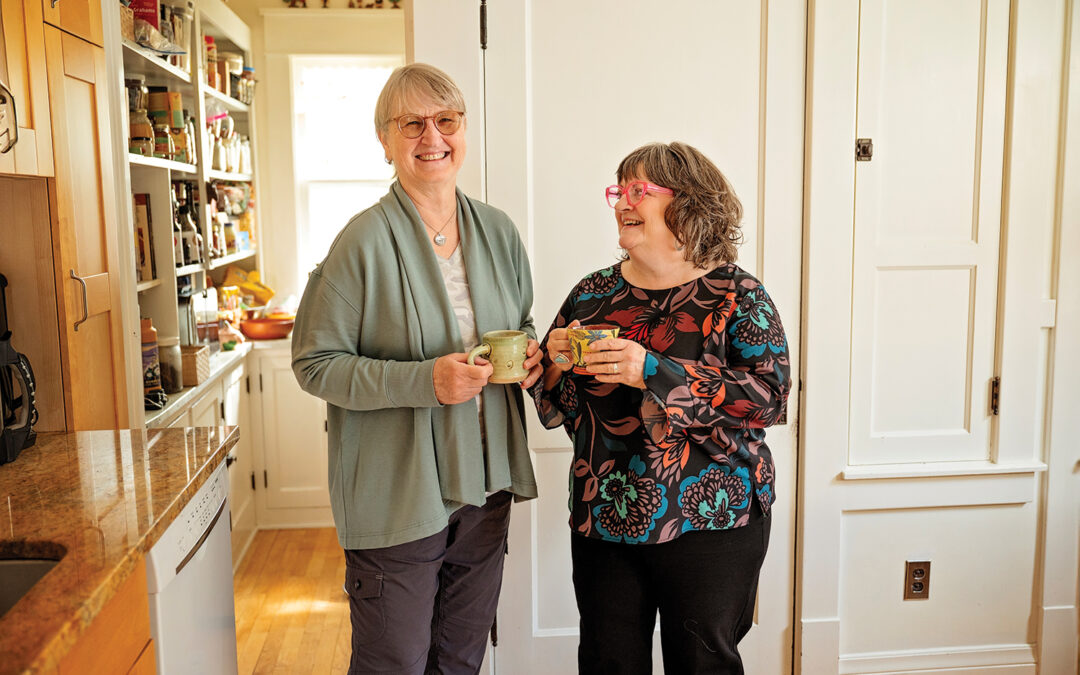
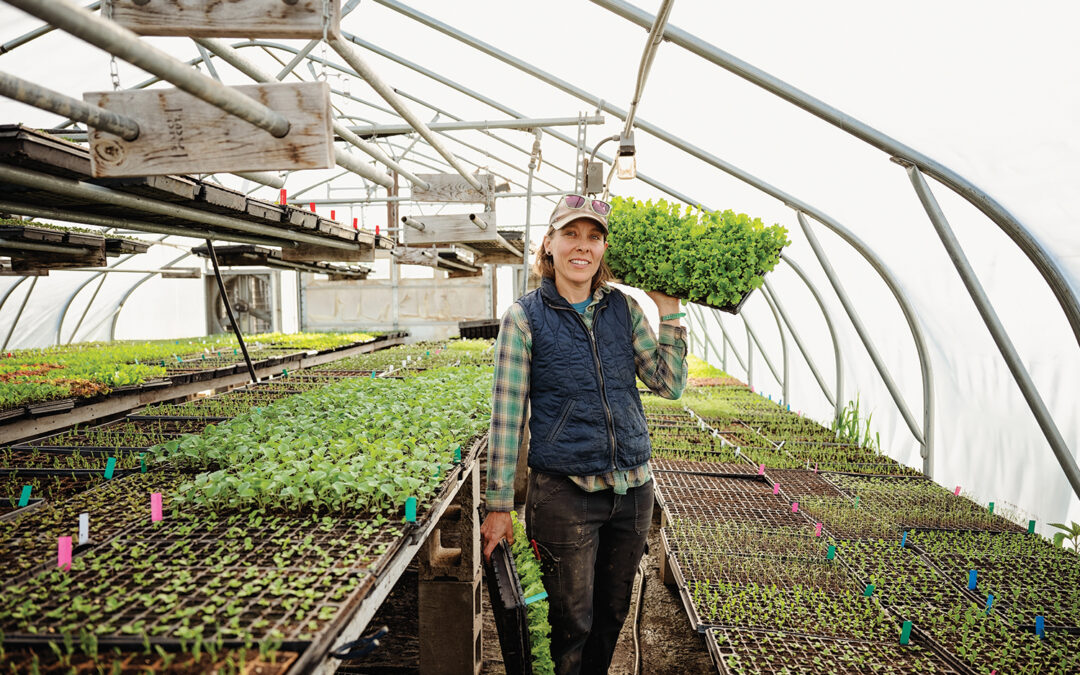
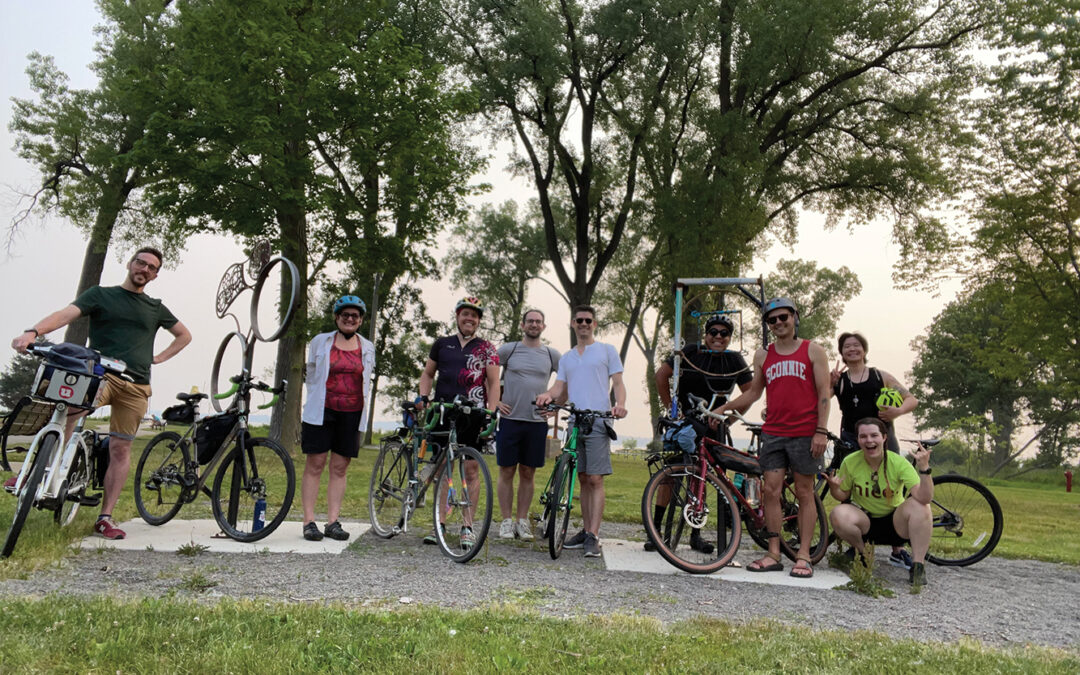
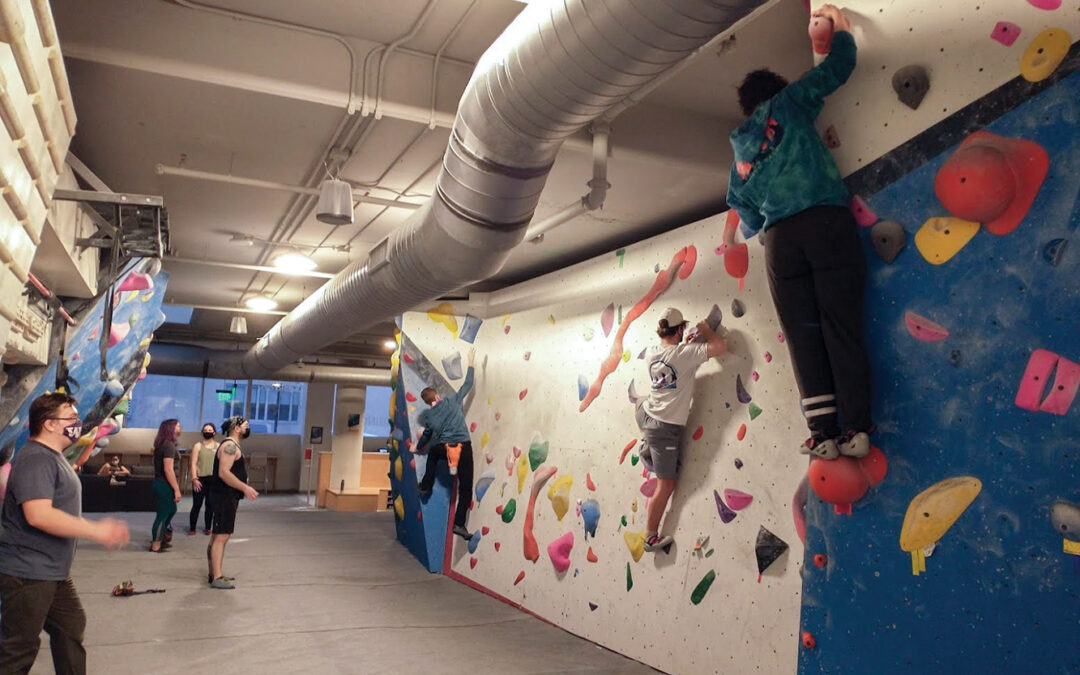


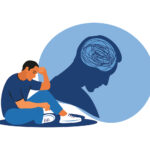

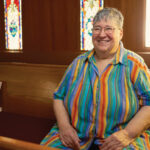
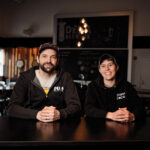



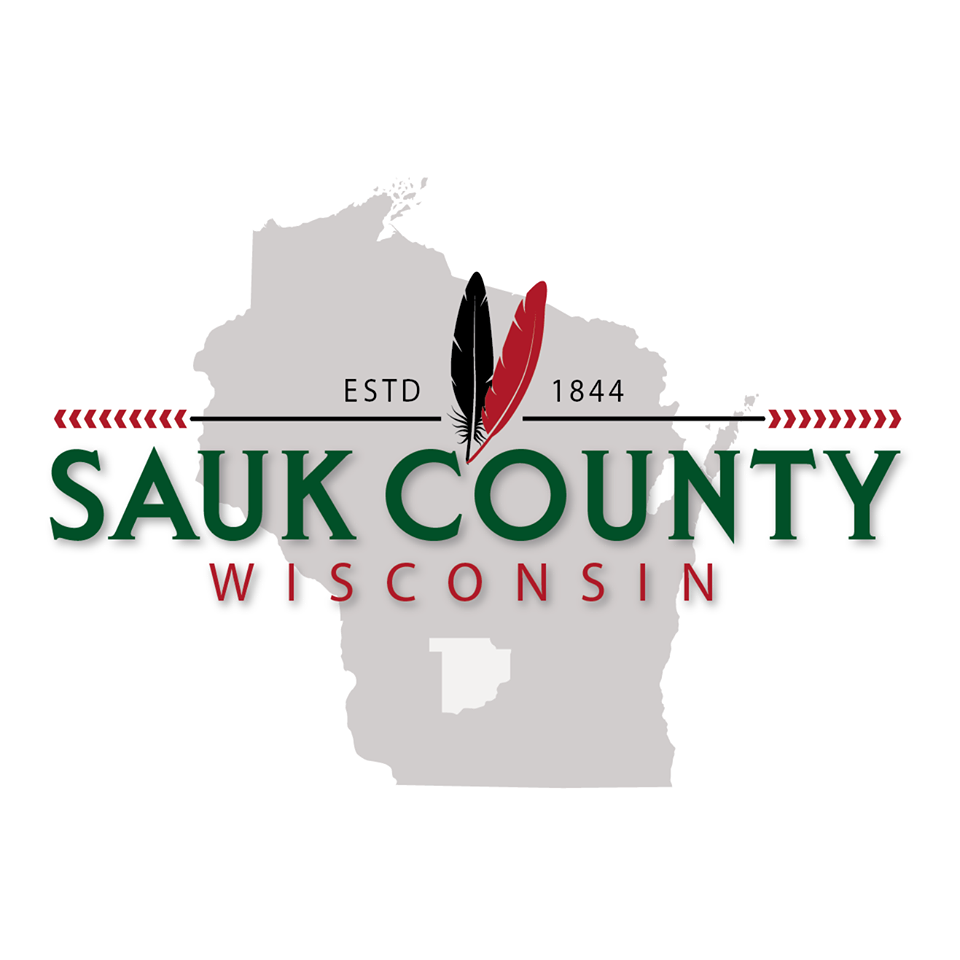
0 Comments